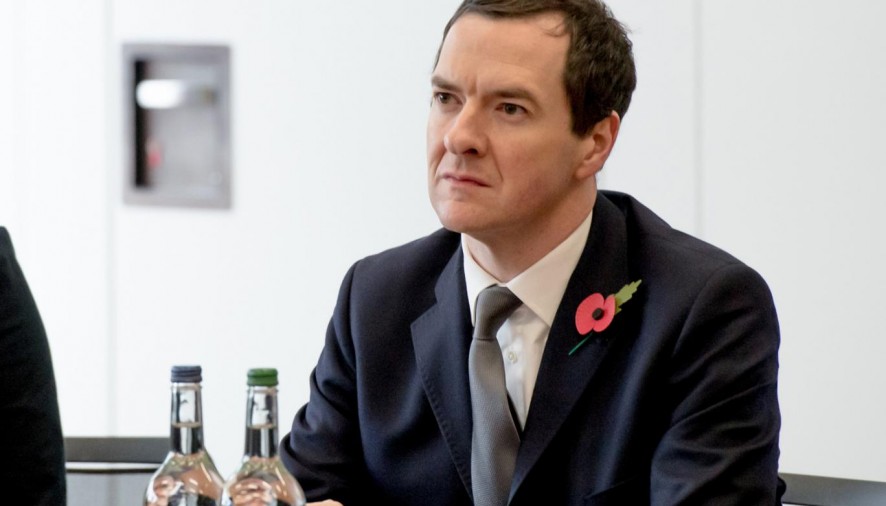Last Wednesday, the Chancellor of the Exchequer provided an update on the government’s plans for the economy in his annual Autumn Statement.
While some aspects of George Osborne’s spending review have been lauded as successes for the opposition, such as a U-turn on over the scrapping tax credits and the decision not to cut police budgets, there is a sting in the tail for students and young people.
The government have announced that the earnings threshold at which student loans will be repaid will be frozen for five years despite pledging in 2010 that the threshold would rise with inflation. This freeze will be backdated to apply to all students who have started courses since 2012. The threshold for repayment will remain at £21,000 until April 2020, meaning that graduates earning over this figure would have to repay £306 extra a year. The government’s own assessment reports that graduates on middle incomes between £21,000-£35,000 will have to pay an extra £6,000 in repayment costs, saving the treasury £680 million.
The decision has been attacked by Martin Lewis of MoneySavingExpert.com as, “a disgraceful move and a breach of trust by the government that betrays a generation of students.” Lewis had headed up The Independent Taskforce on Student Finance Information in tandem with the NUS, National Association of Student Money Advisors, UCAS, Universities UK, and GuildHE.
“It is risking fundamentally threatening any trust people have in the student finance system. It is one thing to set up a system that is unpopular but it is entirely different to make retrospective changes that mean you cannot even rely on what you were promised at the time you started to study,” Lewis said. “The fact that the chancellor didn’t even have the balls to put it in his autumn statement speech shows that he knew how unpopular it would be. If a commercial company made retrospective changes to their loan terms in this way they’d be slapped hard by the regulator.”
Labour’s spokesperson for higher education, Gordon Marsden, has suggested the retrospective freeze could be open to a legal challenge, saying, “It will be a disincentive to future loan applicants, in further education as well as higher education, and it amounts to mis-selling to all the post-2012 students who signed up”.
Osborne also confirmed the government’s intentions to scrap student maintenance grants, instead implementing a maintenance loan system which the NUS calculates will see graduates leave university with more than £50,000 in debts. However, access to loans will be widened for postgraduate students up to the age of 60, and part-time students.
Student nurses will also see their bursaries axed and replaced with tuition fees loans, in spite of the government’s pledge to increase overall spending on the NHS by £8 billion by 2020. Mr Osborne has announced it will save the government £800 million a year, but there are fears that it will deter students from taking up nursing courses.
Janet Davies, chief executive of the Royal College of Nursing told The Guardian, “Anything that makes people worse off and puts people off from becoming nurses and reduces links between student nurses and the NHS, would be a big loss to our society and puts us in a precarious position”.
The Chancellor has also announced that the £15 million raised annually by the “Tampon Tax”, VAT charged on sanitary products, will be invested in women’s charities, with particular focus on cancer and domestic abuse charities. While the move will ensure funding for charities, the manoeuvre has come under heavy criticism. Due to government cuts a number of domestic abuse charities have seen their funding severely cut, according to Women’s Aid between 2010 and 2014, 32 specialist refuge centres closed.
It’s widely viewed that for the “Tampon Tax”, a punitive tax that only applies to women, to become a funding source for charities intended to protect them from violence perpetrated almost entirely by men, risks compartmentalising violence against women as a “women’s issue” not deserving of the attention of wider society.
Mr Osborne’s economic policy has often come under criticism for punishing the young to protect the elderly, these measures, combined with the government’s reticence to extend the living wage to under 25’s will do little to alleviate this reputation.
(Images: Getty Images)
Benjamin Cook

